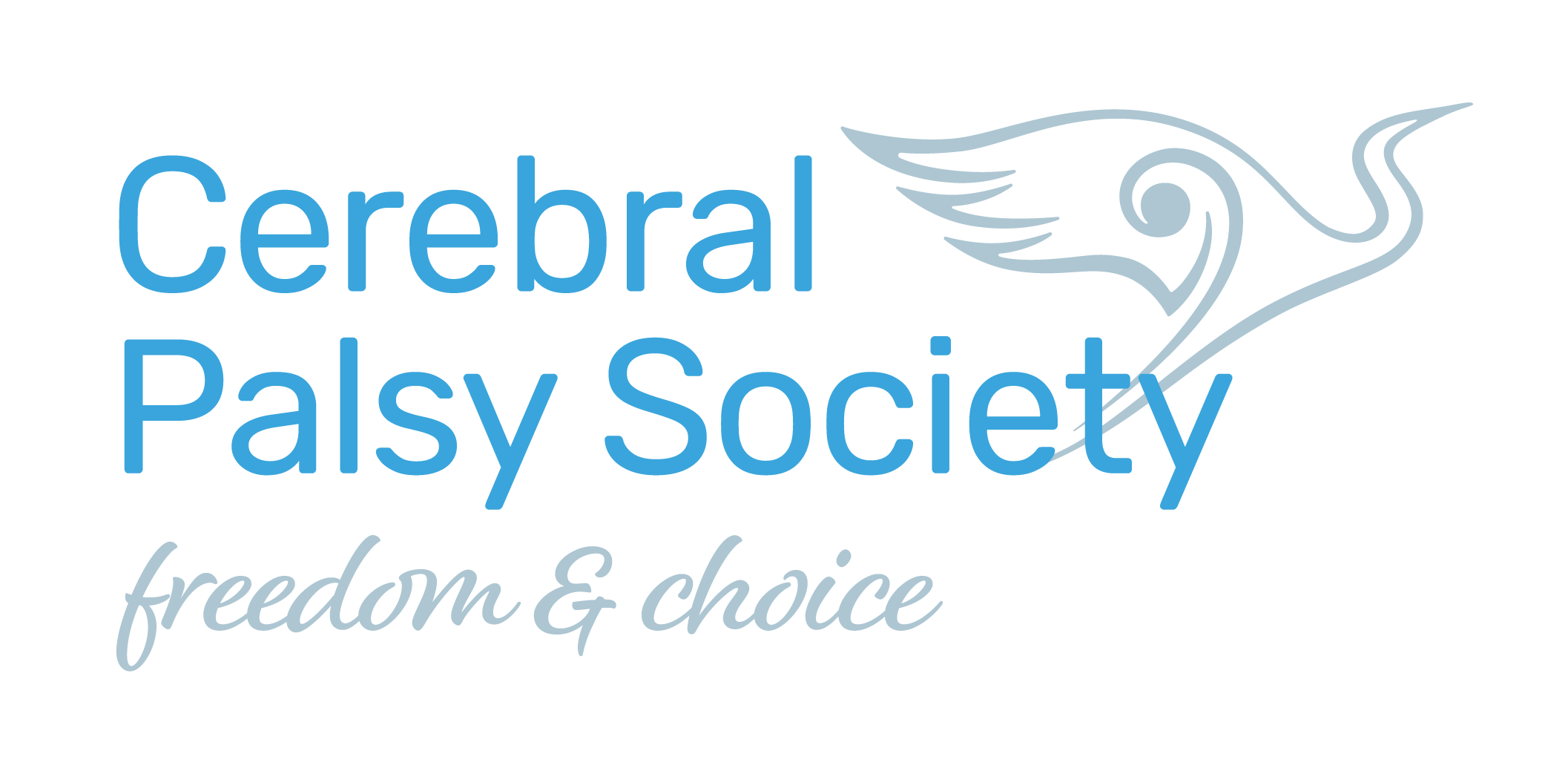The Early Years (0-5)
Chapter 3 – Health and Disability Services in NZ
Key points:
- There can be many health services and people involved with your child’s care. This can be overwhelming, making it difficult to know where to start and the best person or place to get information from.
- Public health and disability services are provided by Health NZ, Te Whatu Ora.
See: www.disabilitysupport.govt.nz - For some people with cerebral palsy (dependent on the cause) services are also provided by the Accident Compensation Corporation (ACC).
See: www.acc.co.nz/im-injured/what-we-cover/injuries-we-cover - Knowing where to go for support and understanding what help and services you can access can be challenging. Talk to members of your health team so they can support you.
Examples of disability organisation and information in NZ:
|
Organisation |
Details |
|
Healthify NZ |
Overview of disability services in NZ and links to other information. |
|
Firstport |
Disability information for all of NZ. Website is clear and easy to navigate. |
|
CCS Disability Action |
Provides help to navigate and access disability support services and mobility parking. |
|
Disability Connect |
Provides general information, advice and resources (Auckland-based information). |
Understanding Child Disability Allowance and Needs Assessment
Have a conversation early with your Paediatrician or a Social Worker about accessing these important services.
Child Disability Allowance:
The Child Disability Allowance is not income or asset tested and is a non-taxable allowance. This means if your child meets the medical criteria than you will get the allowance no matter how much you earn or how many assets you have. Anyone who cares for a child who meets the medical criteria can consider applying.
See: www.workandincome.govt.nz/products/a-z-benefits/child-disability-allowance.html
Disability Allowance:
The Disability Allowance is different from the Child Disability Allowance. The Disability Allowance is paid to reimburse on-going disability-related expenses and is income tested (based on what you earn).
See: www.workandincome.govt.nz/products/a-z-benefits/disability-allowance.html
Needs Assessment Service Coordination (NASC)
(Usually called NASC for short – pronounced nas-k)
This is a first step to see what disability support services you and your family can access.
A Needs Assessment agency works with you to determine what your child’s needs are and provide information about disability services available to you. You can self-refer to NASC or be referred through your health team.
More information about NASC:
|
Service |
Details |
|
Disability Support |
To find a NASC provider in your region go to: |
|
Kidshealth NZ |
Helpful summary information on NASC |
More information on financial help:
|
Service |
Details |
|
Kidshealth NZ |
Information about accessing financial help for your child. |
|
Parent to Parent |
Help and information on accessing and navigating the health system. |
Useful questions to ask health professionals when being referred to a disability service
Asking questions may help you anticipate the next steps. This might stop you worrying about when you will hear back and make sure delays are reduced because all the information needed has been provided.
Questions to ask about health services could include:
-
How do we get referred for that service – and who does the referral?
-
What is the name of the service?
-
What is a website where I can find out about what they do?
-
Why does my child need this service – how will it help?
-
What information do we need to supply – who will do that/how do we do that?
-
Will the service get in touch with us directly or will they communicate with you?
-
When are we likely to hear back from them?
-
Where can I get more information about this service?
-
What should I do if I have any problems – should I come back to you or someone else?



